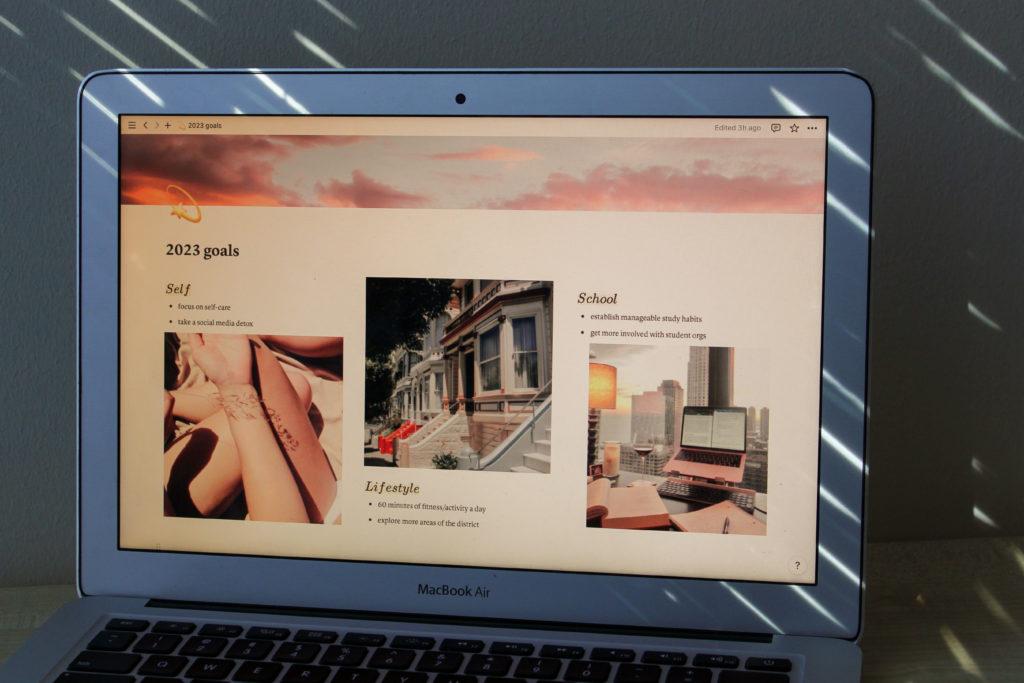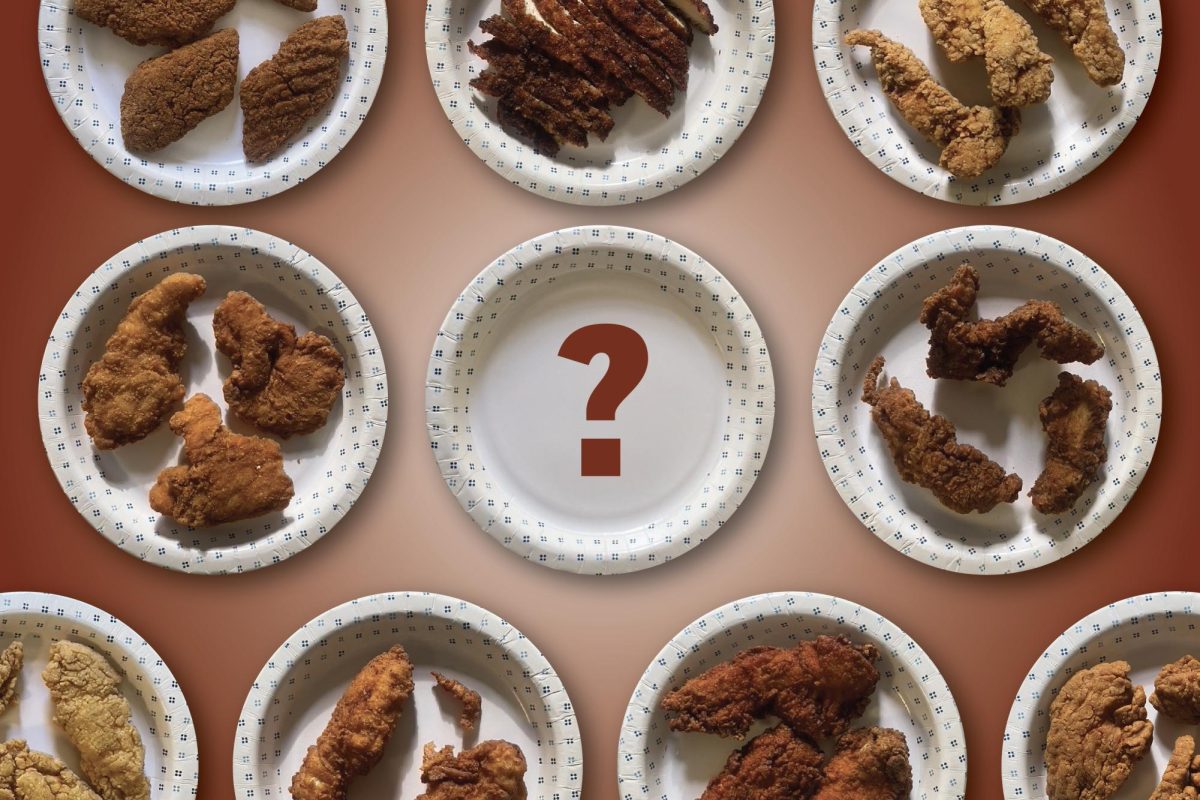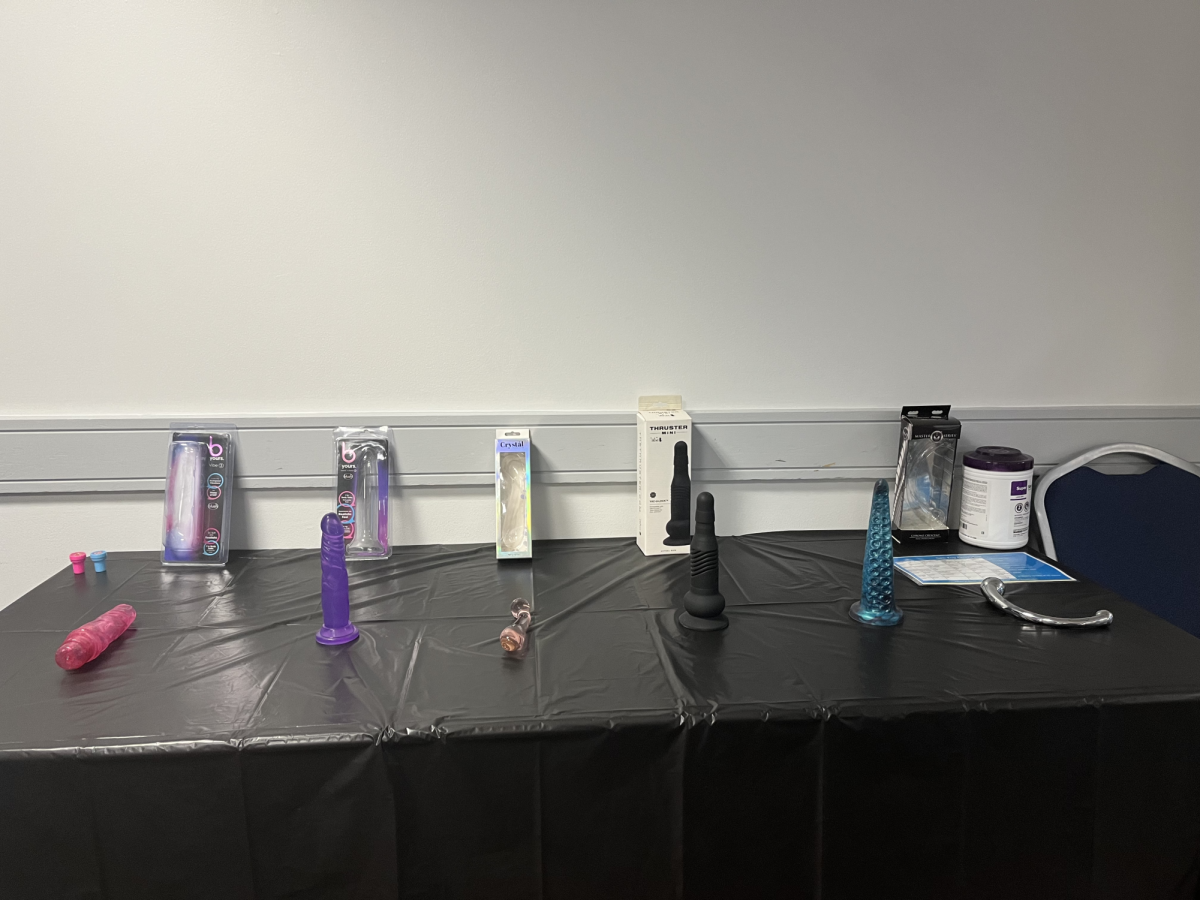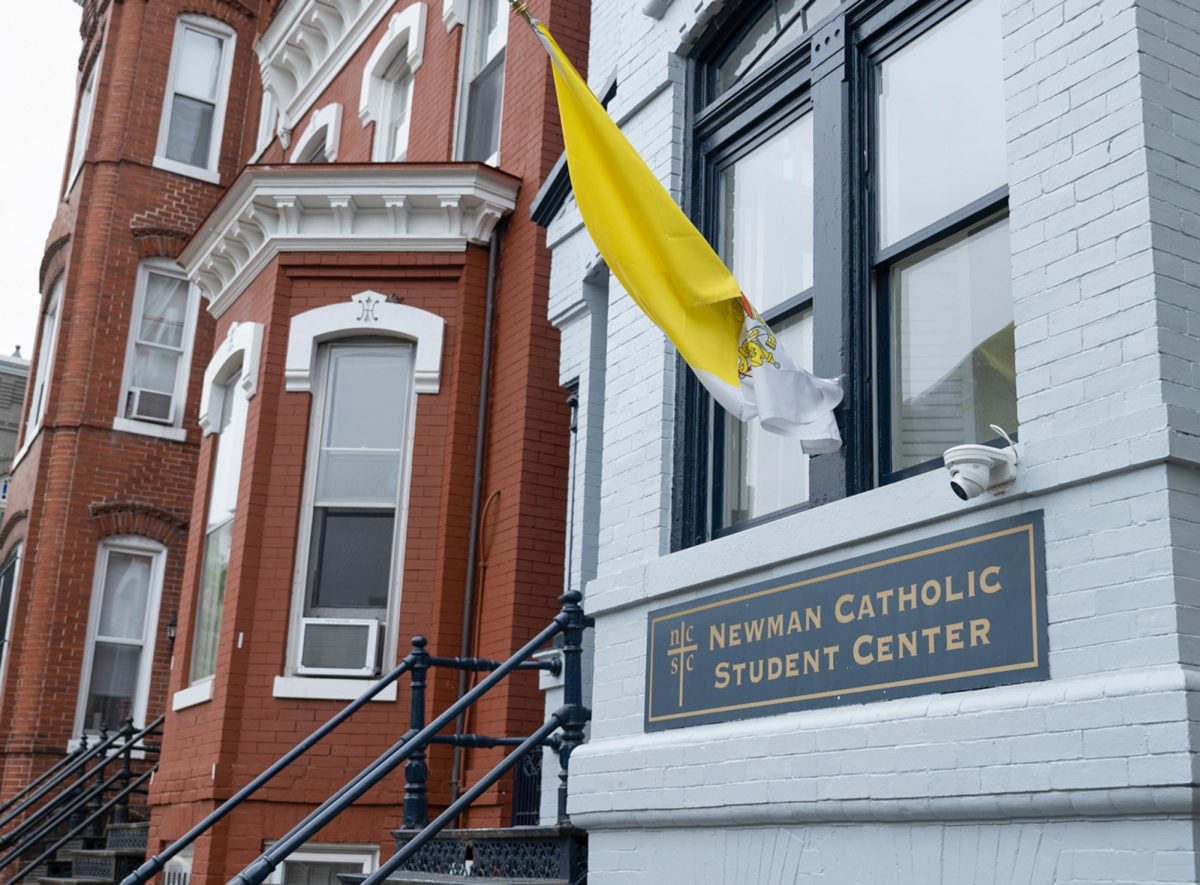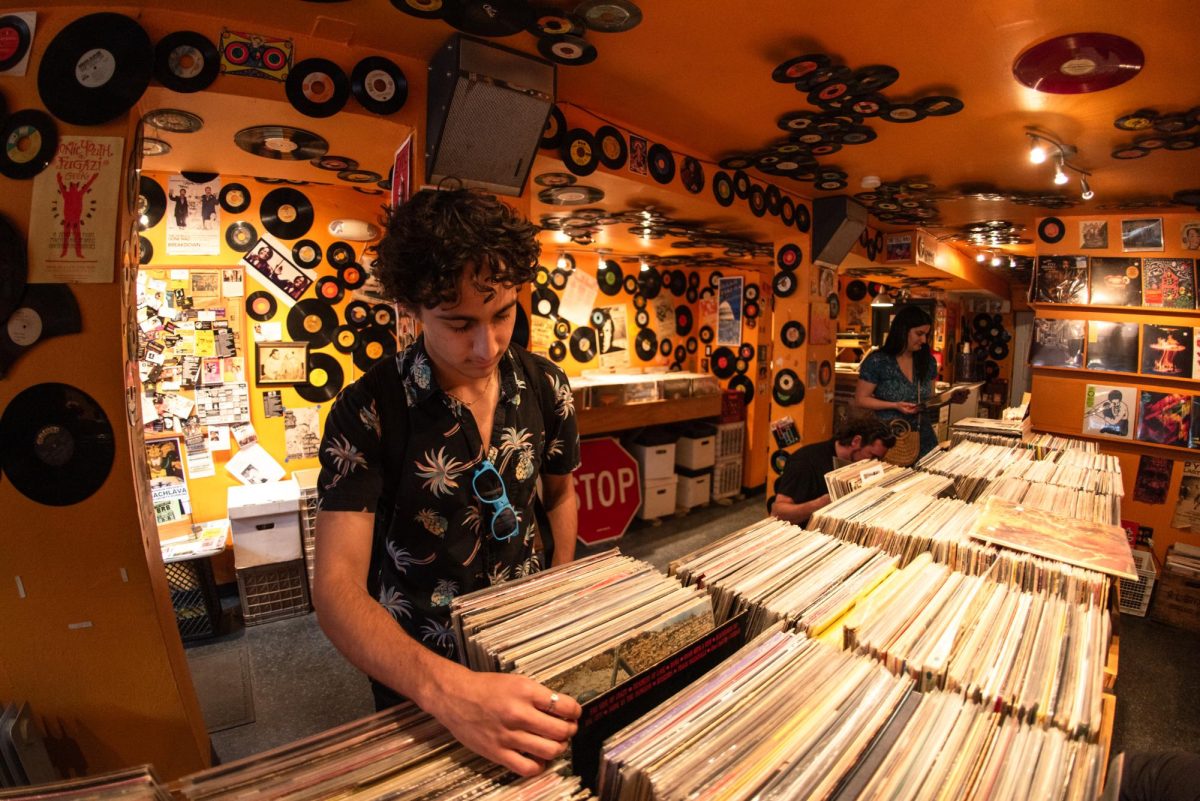For some, the tradition of making New Year’s resolutions may seem to be more of a symbolic routine, but for college students in a trial and error phase of discovering their interests and aspirations, it’s an opportunity for a fresh reset.
This new year, GW students are committing to small, viable resolutions instead of attempting loftier, unmanageable goals that will overwhelm them as the year commences. From newfound prioritization on their mental health to broadening their exploration into the District’s vibrant neighborhoods, students are redefining how they measure accomplishment to set their resolutions up for success.
Spotting the goal for you
For sophomore Elizabeth Weiner, the commitment to New Year’s resolutions felt “overwhelming” in the past because she was unsure what she wanted to accomplish. This year, she’s turning to “achievable” steps to navigate and reach her goals. She said she aims to find more opportunities to get out of the Foggy Bottom bubble and up her involvement with student organizations like GW TRAiLS, an outdoor adventure program, to exercise in a more “fulfilling” way and expand her social circles.
“Now that I have matured and found my goals, it is easier for me to make long term goals and commit to what I want to accomplish,” Weiner said.
Aspiring academically
Sophomore Emma Hearns, who is majoring in psychology, said she aims to invest more time into her academics after getting “swept away” in the social scene during her last few semesters at GW. She said following study habits – like utilizing Notion, a productivity application used for organizing and tracking work completion – and starting assignments when she receives them instead of procrastinating will help her prioritize her classes.
“Some of my past resolutions have been to go to the gym everyday, and that’s just not attainable for me, and that’s not my lifestyle,” she said. “I think that these are definitely more attainable because they’re small things but with a big impact.”
Prioritizing mental and physical health
At a time when mental health awareness is on the rise, students are also focusing on ways they can improve their well-being, especially through a focus on self-care. Self-care has grown to be a widely discussed subject especially on platforms like Instagram and TikTok, with influential figures amassing hundreds of thousands of likes on self-care routine and advice videos. Students said due to the challenges of college – including a loss of proximity to their support systems at home and feeling alone in an unfamiliar environment – taking proper care of themselves sits as a goal at the top spot of their resolution lists.
For sophomore Julia DeRiso, an art history major, viewing prevalent self-care content on social media has inspired her to craft resolutions surrounding her well-being. She said influencers offer helpful advice that has encouraged her to practice meditation or yoga and nix bad habits like eating a lot of sweets to look after her physical health.
“I go out of my way to follow creators that post often about taking care of your mental and physical health,” she said in a statement. “And it inspires me to implement certain practices into my daily life because I’ve seen how it’s benefited the people I follow.”
On the flip side, social media has its drawbacks for other students who plan to exercise more mindfulness and intention when it comes to browsing the apps.
Sophomore Sarah Renbaum, an organizational sciences and marketing major, said she has deleted several social media apps to get rid of the negative effect they had on her mental health. She said she got FOMO from viewing her peers hang out without her on Snap Maps, a Snapchat function allowing users to view their friends locations.
Resetting the clock
Sophomore Lucy Pfeiffer, an international affairs major, said she aims to complete 60 minutes of physical activity every day, a goal that drew inspiration from the NFL and American Heart Association’s initiative PLAY 60. She said she’s looking to pursue “versatile” workouts, which could range from a bike ride to Roosevelt Island to a walk with friends into Georgetown.
“When I set workout goals, like a 45-minute strength workout three times a week, it becomes hard for me to achieve when I just don’t feel like doing that in the moment,” she said. “PLAY 60 was my way of making it a little more moldable into what I want it to feel like every day.”
With daily goals like the 60-minutes a day routine, Pfeiffer said she feels more secure with each day resetting and she hasn’t “lost progress” if she misses out on one day.
“Prioritizing the things that I want to prioritize and giving myself permission to do that without feeling guilty for letting other things go is what I needed,” Pfeiffer said.
Reacquainting with D.C.
As junior and political science major Nicky Danilich takes out his planner for the new year, he works to build back the pages that remained empty during COVID isolation with a more resilient mindset. Since overcoming his initial anxieties around the pandemic, which limited his impetus to go to new restaurants and areas of the city, he said he intends to go beyond the tourist attractions like the monuments he was accustomed to and branch out to sites like Navy Yard and the Postal Museum Tower.
He said he wants to eliminate the idea of going outside as a health and safety “risk,” a byproduct of the pandemic. As he grows more familiar with D.C. transportation and travels around the city more often, Danilich said he’s felt himself transitioning from a stranger in his own city to now feeling more confident and comfortable going out.
Danilich said setting resolutions has helped him learn about himself, especially his desire to break away from his pre-pandemic mindset, taking advantage of the “transformative” period college provides to help grow into his adult self. For fellow students figuring out their resolutions, he said it’s crucial to perceive shortfalls as necessary rather than failure, which is something that has held him back when he did not make the progress he planned for with his goals in the past.
“Think about everything that you did right to get you where you are instead of everything that you did wrong and being so hard on yourself about it,” Danilich said.


